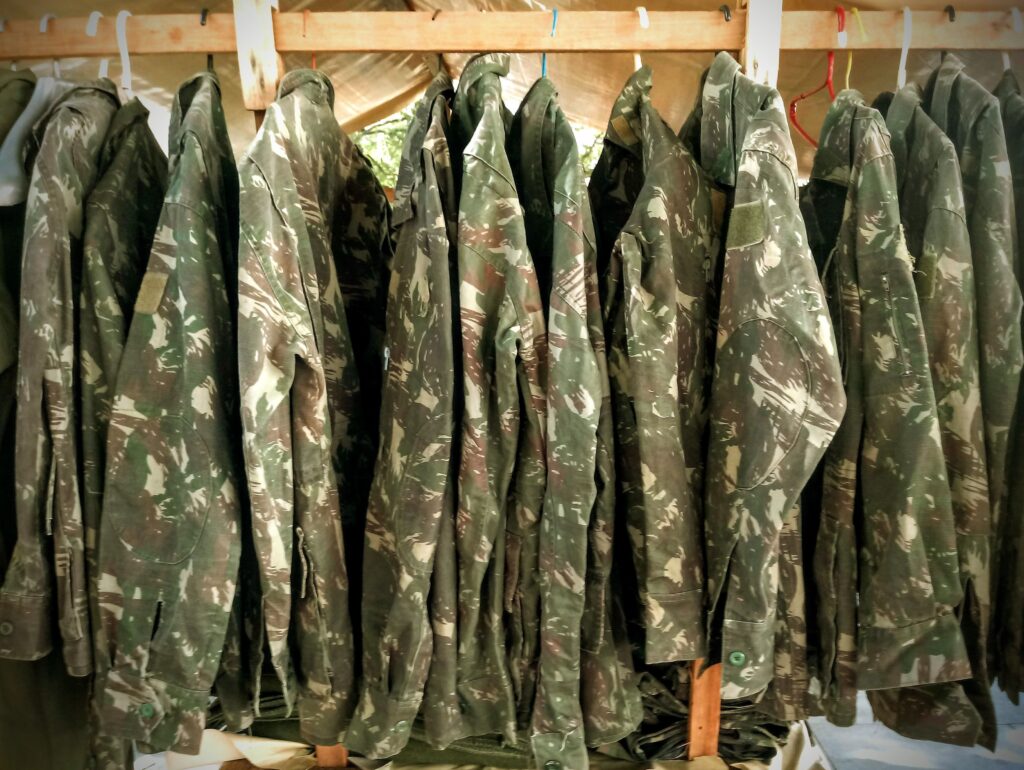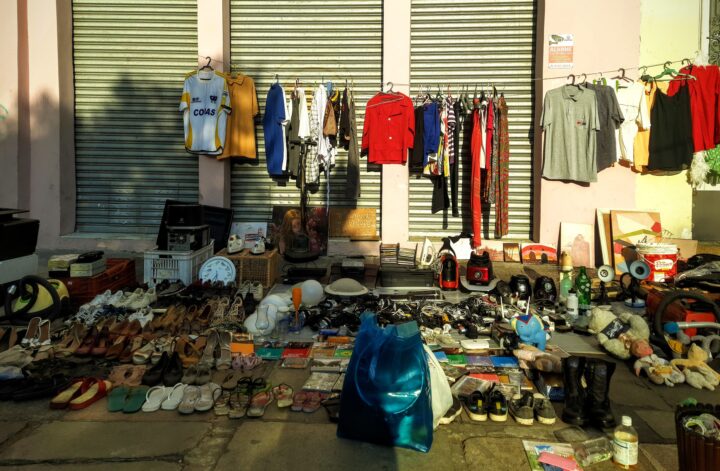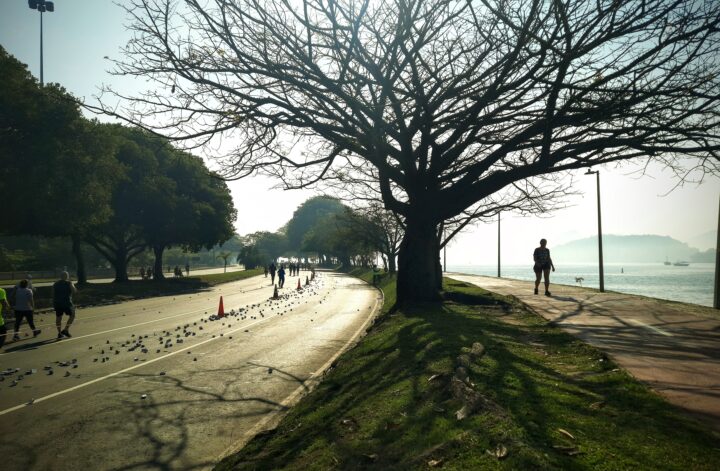Copacabana, Rio de Janeiro: 24oC, warm, sunny and slightly overcast.
It is Thursday and nearing another weekend. I will have to go to Copacabana today and give a class to Dona Vera. I do not really want to, but I have to, and this is one of the responsibilities of an adult: to do things we do not want to do.
When we are children, our parents let us do almost everything we want to do within reason and, at the same time, oblige us to do very little. Many people would say the opposite, depending on the family, the parents, the upbringing, and even the country or culture.
I am writing this and thinking about my childhood; when I was a child, I was not allowed to do everything I wanted, which we all know was probably very good. However, if I wanted any form of pocket money or allowance in American English, it would have to be earned by mowing the lawn, weeding the garden, doing housework, etc.
If I did not do them, then I would have no money, such for bus fare to visit my grandmother, who lived relatively far away for a child, if I did not do some housework or chores, etc., then I would not be able to visit her, which I loved so much. So, not doing chores was not an option.
At that time, I hated what I was forced to do, we all hate what we are obliged against our will to do. Now, I am grateful to my mother for helping to prepare me for the real world. The many small things that I had to do at that time, which I was forced to learn to a greater or lesser extent, have repeatedly aided me in my life, especially in Brazil, where the Brazilian middle class does not know how to do any serious household work or chores.
Very few Brazilian middle-class men have any trade skills with their hands, such as painting, woodwork, plumbing, gardening, or fixing something, even a lamp. In most cases in Brazil, civil work is done by a freelance worker, and if it were in one of the large urban cities such as Rio or Sao Paulo, this worker would be for sure originally from the northeast of Brazil.
There is a legion of northeastern tradesmen and labour workers living in the southeast region of Brazil who work in civil construction. I would not be surprised that they were the predominant percentage of workers who built Rio, Sao Paulo and other major cities in Brazil from the beginning of the twentieth century until now.
Yasmin rarely offers to help at home, which is another problem that I learnt from my mother. There is a big difference between when a person does something because she or she has to and when someone willingly wants to do it even though they do not necessarily want to but knows it is the right thing to do by offering, reading and seeing the situation and offering instead of turning a blind eye and looking in another direction.
I have been trying to instil this in Yasmin through many conversations and patience. Depending on her emotional state, she sometimes does what is needed to create a positive, comfortable, and nice ambience, but most of the time,
I have to remind her, ask her, or sometimes oblige her. I do not know if I am doing it the wrong way, but 99.9% of the time, it is hard work. I also know that she is an adolescent, which makes it even more difficult, but a truckload and a little more patience are needed.
Preparing our children for the future and the complicated world is complex. People say that the Internet makes life more accessible, but I think it is the opposite. Instead of bringing people together, it has distanced or isolated one another while also pulling a cloak over our heads, numbing us from real-life factors, such as how to live life to the fullest and how it should be lived with its responsibilities.
I am constantly battling with Yasmin to get her to adopt a better quality of life with healthier routines and habits. It is difficult, but I will not give up.
Classes are the whole day but are not as tiring as a typical Thursday.
In bed by 10.00 pm.
Thank you very much.
Thanks for reading my blog. Check out my other posts and share your thoughts in the comments.
Richard








